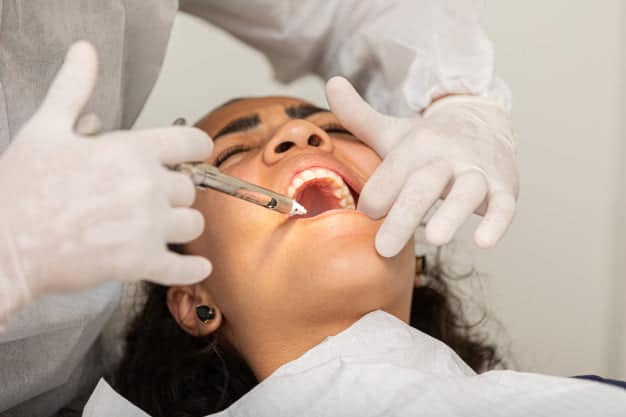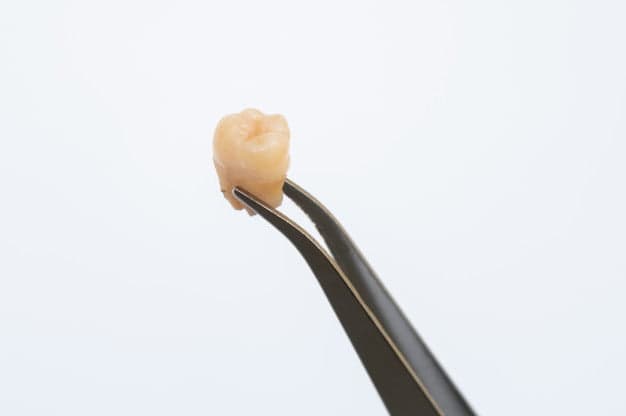It’s a dental surgical procedure, in which one or more wisdom teeth can be extracted; these are permanent teeth of adults located at the upper and lower ends of the mouth. This may be in charge of a dentist or oral surgeon
Procedure
Everything will depend on how deep your wisdom teeth are, in some cases they can be removed like any of the other teeth, in a few minutes.
In other cases, the extraction is somewhat more complicated and your dentist will have to make a deep cut in the gums to be able to extract the entire tooth and then he will have to close the gum wound with surgical points, in this case the procedure can be carried out in more than half an hour.
Reasons to remove wisdom teeth
Extraction of the wisdom teeth is performed for any of the following reasons:
Insufficient space
If the wisdom tooth doesn’t have enough room to grow it causes a lot of pain, infections and other dental problems.
Orthodontic treatment
In some patients with an orthodontic procedure, it’s preferable to remove them, even before it leaves to avoid damaging the work done, so to avoid inconveniences, some orthodontists always recommend extraction.
Periodontitis
Some patients, after suffering acute periodontitis, weaken or lose the bone support of the teeth, so the removal of these teeth is recommended.
Reasons not to remove the wisdom teeth
If your wisdom teeth have the following characteristics, you should not extract them:
- They are perfect and don’t cause any type of discomfort, not even when biting because their encounter with the opposite tooth is adequate.
- They are healthy, have no blemishes, cavities, or infection.
- They came out complete, that is, they grew entirely and you can clean them well during oral hygiene
- They are perfectly located and not twisted.
Post-extraction of wisdom teeth care
- You will have to take pain relievers for a few days; your dentist will recommend the most suitable one for this case.
- Liquid or soft diet for a few days while the gum heals
- After meals you should clean your mouth very well with toothpaste and mouthwash, without disturbing the wisdom teeth area, to avoid possible infections.
- Supervise that no bleeding is present, in this case it’s recommended to press with a sterile gauze for about 20 minutes or until the bleeding stops and the blood clot forms, it’s suggested that once it forms, don’t touch it, since will help with the gum healing process
- Rest for a few days.
Risks of wisdom teeth extraction
- Accidental damage to other teeth or jaw during the procedure
- Mandibular stiffness for a few days.
- Severe postoperative pain.
- Postoperative infections, product of poor oral hygiene after the procedure.
- Some patients report changes in the sense of taste, as a result of having damaged a nerve, usually this is for a few weeks, and in very few cases it is a permanent symptom.


